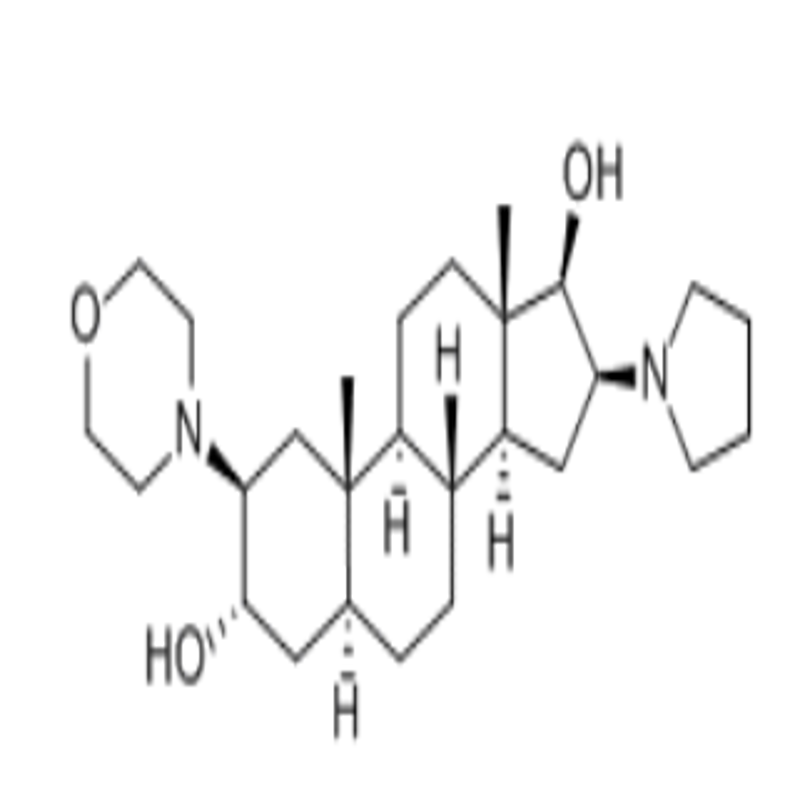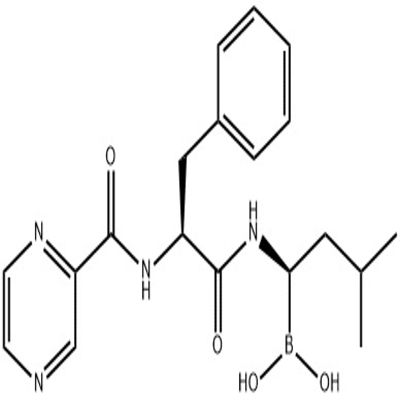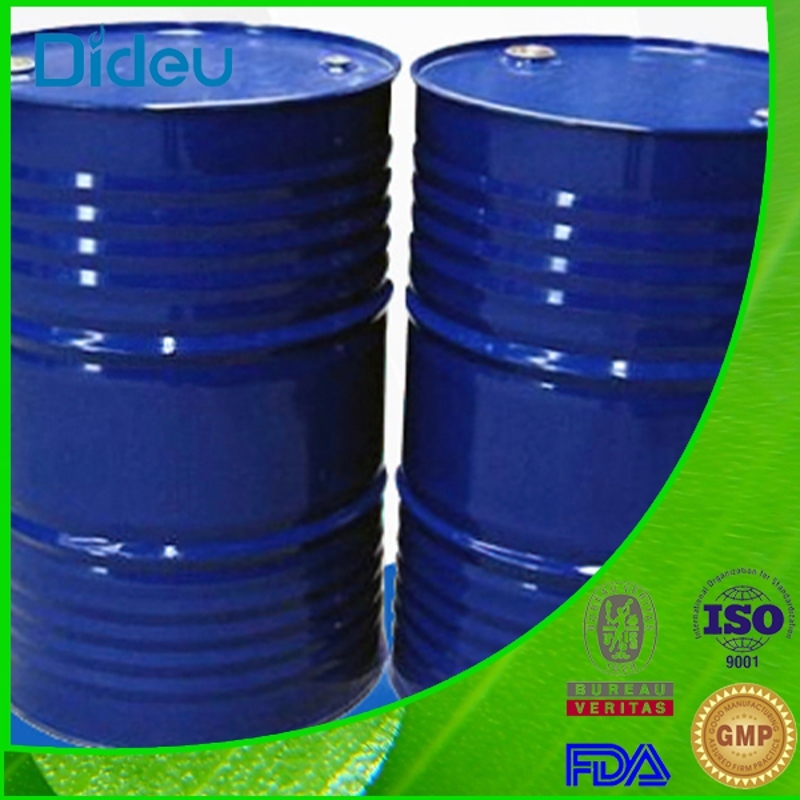-
Categories
-
Pharmaceutical Intermediates
-
Active Pharmaceutical Ingredients
-
Food Additives
- Industrial Coatings
- Agrochemicals
- Dyes and Pigments
- Surfactant
- Flavors and Fragrances
- Chemical Reagents
- Catalyst and Auxiliary
- Natural Products
- Inorganic Chemistry
-
Organic Chemistry
-
Biochemical Engineering
- Analytical Chemistry
-
Cosmetic Ingredient
- Water Treatment Chemical
-
Pharmaceutical Intermediates
Promotion
ECHEMI Mall
Wholesale
Weekly Price
Exhibition
News
-
Trade Service
Introduction: Tyvyt combined chemotherapy can significantly delay the progression of disease in patients with advanced non-squamous non-small cell lung cancer.
recently, Professor Zhang Zhang of Sun Yat-sen University's Center for Oncology Prevention and Control announced the results of the clinical phase III study of Tyvyt (Syvyt, Xindili monoanti) combined chemotherapy at the 21st World Lung Cancer Congress in 2020.
study data show that Tyvyt combined chemotherapy can significantly delay the progression of disease in patients with advanced non-squamous non-small cell lung cancer, and is expected to be approved for first-line adaptation of lung cancer.
non-squamous non-small cell lung cancer, PD-1 inhibitor combination chemotherapy significantly better than single-use chemotherapy ORIENT-11 is a randomized, double-blind, Phase III controlled clinical study, compared to Dadabershu® injection) or placebo combined libita ® (injected with pyrotoxethodium) and platinum for the first-line treatment of advanced or reocculphic non-small cell lung cancer without EGFR sensitive mutations or APK gene rearms.
Based on an in-period analysis conducted by the Independent Data Monitoring Board (IDMC), Dabershu ® (Syndicate Monoantigen Injection) Combined Libitai ® (Injected Pyrexic Di sodium) and platinum-type contrast placebo combined Libertin ® (Injected Python di sodium) and platinum-type significantly extended non-progressive lifetime (PFS) to achieve pre-established optimal performance standards.
the Orient-11 test is very similar to the Keynote-189 test in terms of progress-free lifetime (PFS).
in the Orient-11 study, 397 patients were recruited to receive Tyvyt-chemotherapy, with a medium PFS of 8.9 months and a control group of 5.0 months.
, in 616 patients in the Keynote-189 trial, the mid-level non-progressed lifetime (PFS) in the trial and control groups was 8.8 months and 4.9 months, respectively.
, there may be differences between Total Time to Live (OS) Tyvyt and Keytruda.
Orient-11 study, the total survival (OS) of the two groups had not yet been achieved, and the Tyvyt-chemotherapy group had improved compared to the placebo combined chemotherapy group OS, and the objective remission rate (ORR) increased from 29.8% to 51.9%.
the Keytruda-chemotherapy group is known for its alarming 51 percent reduction in the risk of death; even in a long follow-up, the Keytruda-chemotherapy group significantly increased OS by 44 percent.
Since this study confirms that Tyvyt combined chemotherapy can significantly delay disease progression in the patient population, in April this year, NMPA accepted new adaptation applications for the first-line treatment of non-squamous non-small cell lung cancer with Tyvyt combined libita and platinum chemotherapy.
Lung cancer first-line treatment competition is fierce, further price reduction or will come in April last year, Merca East Keytruda combined with Pometrose and platinum chemotherapy drugs first-line treatment of the skin growth factor subject (EGFR) gene mutation negative and mesolytic lymphoma kinase (ALK) negative metastatic non-small cell lung cancer adaptation certificate was officially approved in China, "K drug" became the first for advanced tumor first-line treatment of PD-1 single resistance.
, Keytruda isn't Tyvyt's only competitor.
first-line treatment of lung cancer has always been the most competitive battleground for immunotherapy.
june of this year, the success of the trial of Henrui Pharmaceutical PD-1 inhibitor Karelliju mono-clinical Phase IIICameL made Karelli-Pearl monoantigenic officially stand out as one of the first-line treatments for lung cancer.
the recent Phase III trial of non-scale cancer treatment for tislelizumab in Baiji Shenzhou has also reached its end, but the results have not yet been announced.
Xinda BioTyvyt was approved in China in December 2018 for the treatment of relapsed/refractic classic Hodgkin's lymphoma, and in November 2019 successfully included in the new health care catalog Category B through health care negotiations, becoming the only PD-1 monoantigen successfully included in the national health insurance list through health care negotiations.
price compared to Keytruda, low price is a key advantage of Syndicate monoanti and domestic PD-1/L1 inhibitors.
is understood to cost about 102,300 yuan ($14,680) a year without medicare reimbursement, or about a third of the 286,600 yuan ($41,132) a year for "K-drug."
70 per cent rate, and the portion of Medicare reimbursement that requires patients to bear is less.
if the drug is approved for lung cancer, it may be less difficult to get into the health insurance list in the future and cheaper than importing similar drugs.
lung cancer is the first malignant tumor in China with morbidity and mortality.
about 80% to 85% of all lung cancer non-small cell lung cancer (NSCLC) and about 70% of NSCLC patients in China are non-scaly NSCLCs, with significant unsoponsed medical needs.
In China's "PD-1 battle" intensified at the time, Xinda Bio can be for the third-line treatment of recurrence / refractic classic Hodgkin lymphoma, and a 64% reduction into the health insurance directory, after the start of the NSCLC war, the price may be further reduced, is expected to benefit more lung cancer patients!Reference source: 1. Corporate announcements.







